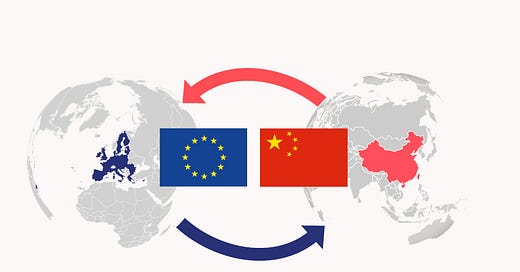On October 23, 2021, NoColdWar.org sponsored a zoom event, “Europe against the Cold War: China is not our enemy.” The co-moderator, Nora García of Spain, described the purpose of the panel as that of analyzing the role of Europe in the U.S. Cold War against China. She asked, how do we explain that China is not our enemy, and that the necessary road is peace and sustainable development? Fiona Edwards of the United States, serving as co-moderator, added that NoColdWar.com was established in 2020 to respond to the aggressive policies toward China of the Trump administration; unfortunately, U.S. aggression against China is escalating under Biden. She encouraged all to visit the Webpage of NoColdWar.com to sign the declaration of opposition to the Cold War against China.
The panelists, in the order of their presentations, were Yanis Varoufakis, a member of Parliament in Greece, Secretary-General and founder of the left-wing political party MeRA25, and…


